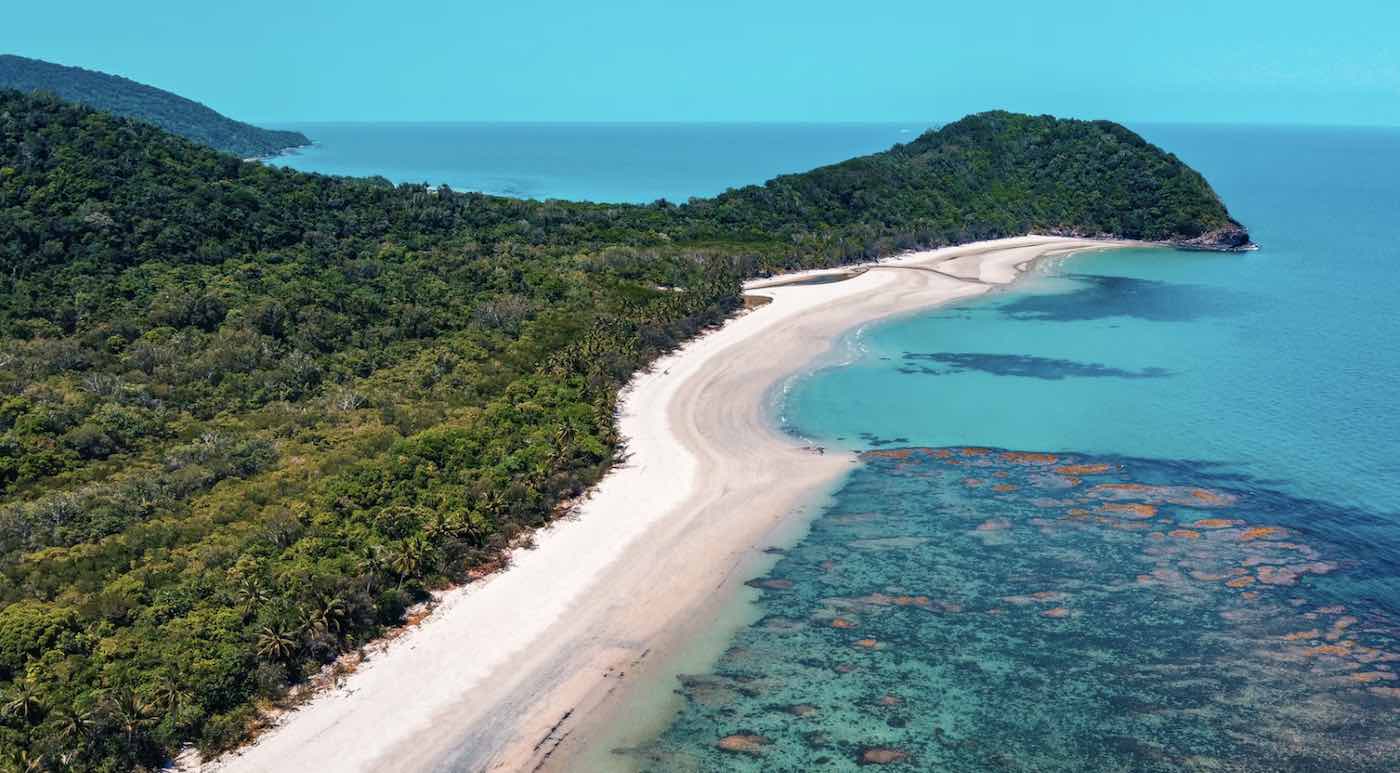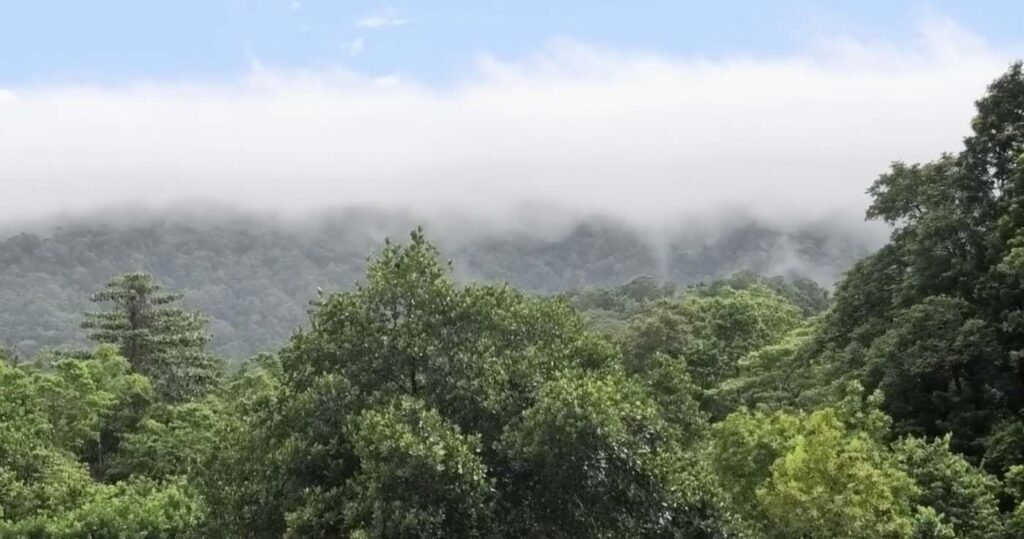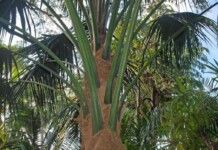Over 600 square-miles of ancient rainforest with rivers, waterfalls, gorges and white sandy beaches was handed back to the traditional people who had lived here for generations.

The historic announcement last week came from officials in Queensland, Australia, who transferred management of the world-famous Daintree National Park to the Eastern Kuku Yalanji people, who are one of the world’s oldest living cultures.
“This agreement recognizes their right to own and manage their country, to protect their culture, and to share it with visitors as they become leaders in the tourism industry,” said Environment Minister Meaghan Scanlon.
Negotiations over the last 4 years, determined that the world renown Daintree park—a UNESCO World Heritage Area—will eventually be solely and wholly managed by the Eastern Kuku Yalanji.
For now, the agreement transfers responsibility for management of Daintree’s 160K hectares, with three other national parks, the Ngalba-bulal, Kalkajaka and the Hope Islands National Parks, to be jointly-managed with the Queensland Government.
“Today’s handback marks the government returning more than 3.8 million hectares of land back to Traditional Owners on Cape York, with 2.3 million hectares to be jointly-managed by our rangers and the community,” said Minister Scanlon in a statement. “It means there are now 32 Aboriginal-owned and jointly-managed national parks on the Cape York Peninsula.”
The goal is to provide opportunities for mentoring, training, apprenticeships, work experience and employment to fill positions for land and sea management, hospitality, tourism, and research.
RELATED: Farmer Returns 700 Acres of California Coast to Native American Tribe

The Daintree borders the Great Barrier Reef, so is one of Australia’s top tourist destinations.
“We will also provide funds to develop a tourism hub at Dubudji, first options for contracting on national parks, first rights to consider new tourism proposals, and endeavor to increase the skills and numbers of Jabalbina Indigenous rangers.”
Scanlon said Australia has an uncomfortable and ugly shared past, and the handback was a key step on the path towards reconciliation.
“These national parks will protect important Aboriginal cultural sites, diverse ecosystems including rainforests, woodlands, wetlands and mangroves, and form part of the Wet Tropics World Heritage Area which is recognized as the second most irreplaceable World Heritage site on Earth.”
SEND Some Reconciliation to Your Social Media Feed—Share This…



















